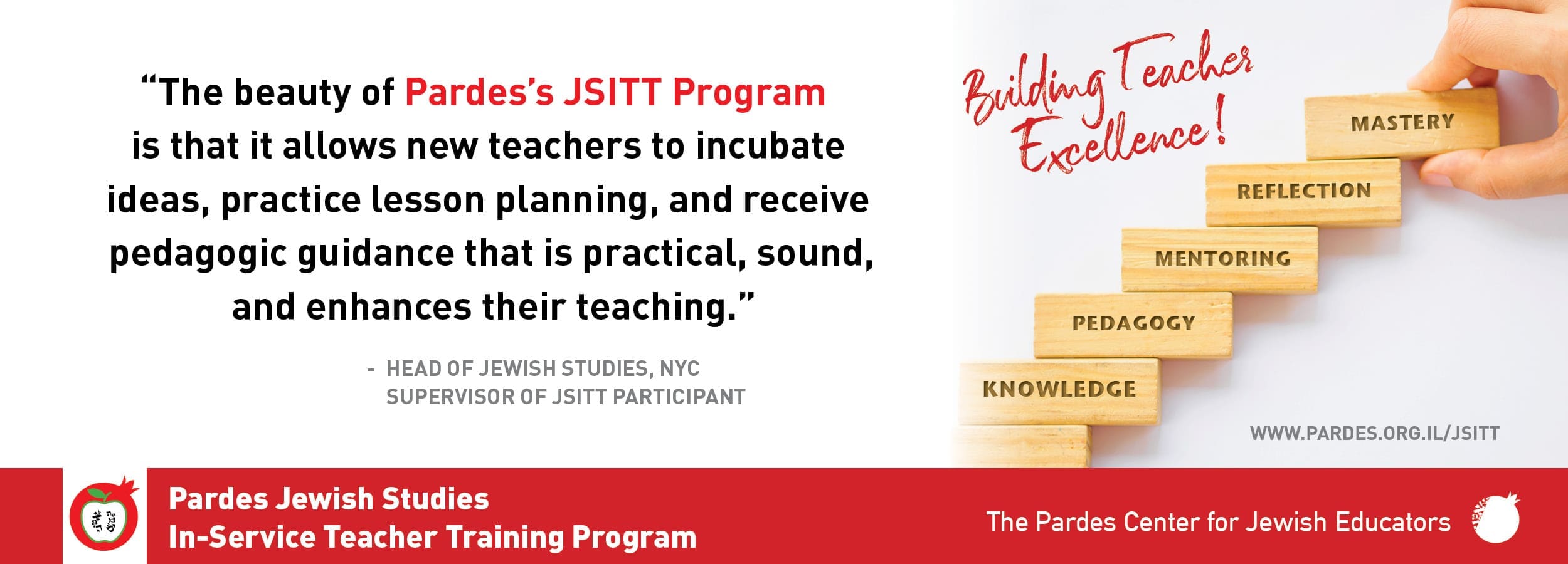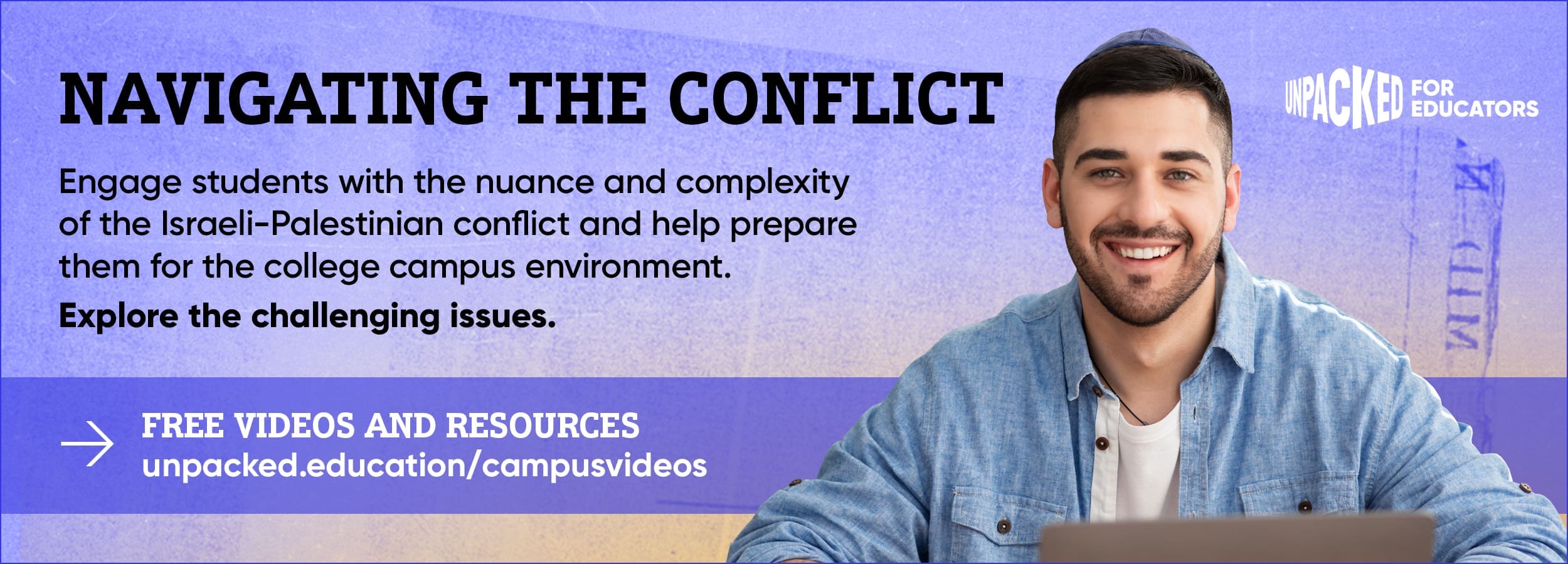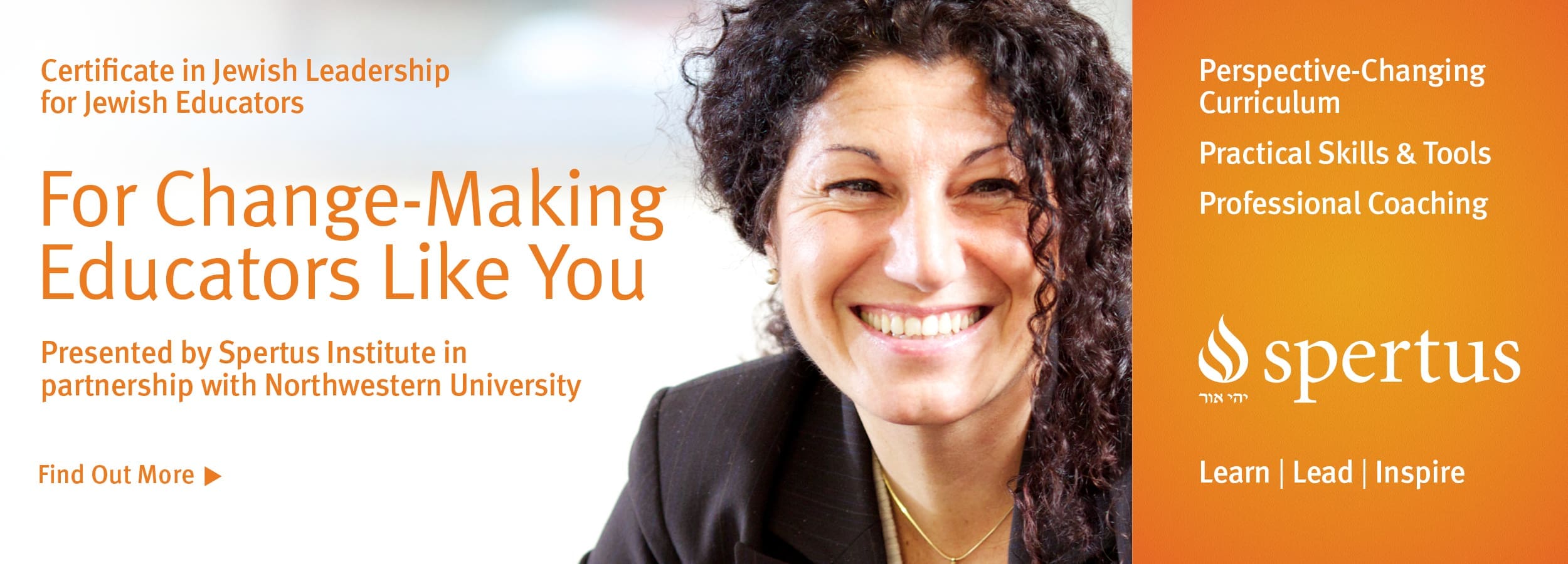

From The Editor: Fall 2021
I grew up with antisemitism. The ugly kind. There were certain nights during the year that my parents didn’t allow us out of the house because “bad things” tended to happen on those nights. I was attacked on my bicycle while delivering chickens for a local kosher butcher, beaten on the public bus going to school, punched out on the street coming home. We heatedly debated amongst ourselves whether “it” (the Holocaust) could happen in America. Some of the adults told us not to wear a kippa in public. Others encouraged us to be strong and learn to defend ourselves.
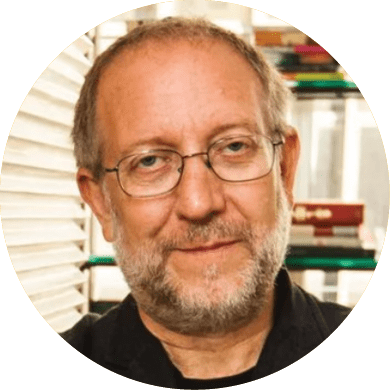
Understanding the New Antisemitism: An Interview with Yossi Klein Halevi
When was I not concerned about antisemitism! My father spoke to me about his experiences as a Holocaust survivor when I was really young, three, four years old. That was part of his educational philosophy, that a Jew has to be prepared. And sooner or later, something is coming down the road again. My father’s great concern was that he was raising American children who wouldn’t have the survival skills, that because of growing up with luxuries, taking comfort for granted, we would be unprepared. My father was a very angry survivor. He was angry at the whole
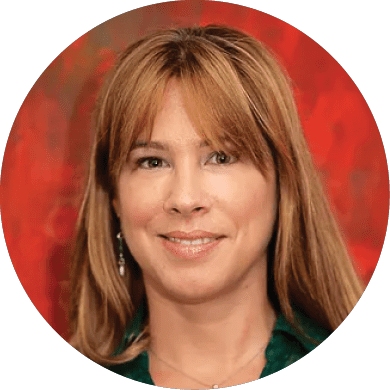
Antisemitism and Identity
Jewish students at many universities are confronted by a rising tide of antisemitism. A recent survey of openly Jewish students found that over sixty-five percent of respondents felt unsafe on campus due to antisemitic incidents, while ten percent reported feeling physically unsafe. Half reported needing to hide their Jewish identities. The Israeli-Palestinian conflict was the backdrop to many of these incidents, as the campus has become a central stage for the most organized, motivated, and effective anti-Israel activist movement in recent memory. This activism is a major component of a “cognitive war to prepare [public opinion] for Israel’s destruction.”*

Antisemitism – So Close to Home
The school I lead sits exactly 1.2 miles from the site of the October 27, 2018 white supremacist terrorist mass shooting that targeted three congregations housed in the Tree of Life synagogue building. My home sits around the corner, 900 feet away. I could hear the police response and shooting battle that morning reverberating through my windows and walls.
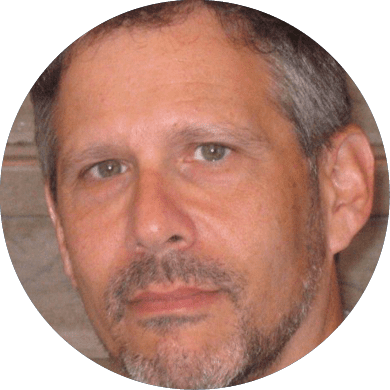
Confronting the Campus Crisis
Jewish students at many universities are confronted by a rising tide of antisemitism. A recent survey of openly Jewish students found that over sixty-five percent of respondents felt unsafe on campus due to antisemitic incidents, while ten percent reported feeling physically unsafe. Half reported needing to hide their Jewish identities. The Israeli-Palestinian conflict was the backdrop to many of these incidents, as the campus has become a central stage for the most organized, motivated, and effective anti-Israel activist movement in recent memory. This activism is a major component of a “cognitive war to prepare [public opinion] for Israel’s destruction.”
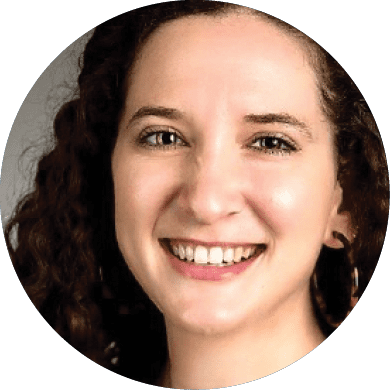
Proud, Progressive, Zionist: An Interview With Sara Liss
Zioness is a movement of Jewish activists and allies who are unabashedly progressive and unapologetically Zionist. Our whole goal is to ensure that there is always a space for Jews and Zionists in the progressive movement and in the progressive world, which is where most American Jews naturally find themselves politically anyway.

Identifying Jewish for Gen-Z
The rise of antisemitism challenges educators to respond creatively and provide our students with the tools necessary to prevent them from being influenced or hurt by the distorted narratives often constructed. I would like to suggest that familiarizing our students with the historical method and teaching them how to think historically will help them significantly in this effort.
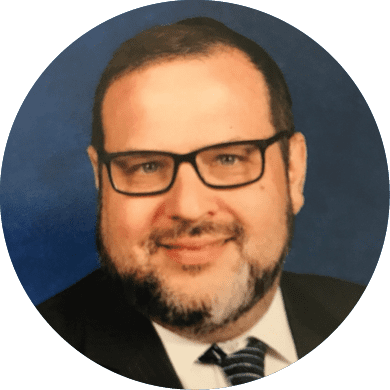
Don’t Believe Everything You Read
The rise of antisemitism challenges educators to respond creatively and provide our students with the tools necessary to prevent them from being influenced or hurt by the distorted narratives often constructed. I would like to suggest that familiarizing our students with the historical method and teaching them how to think historically will help them significantly in this effort.
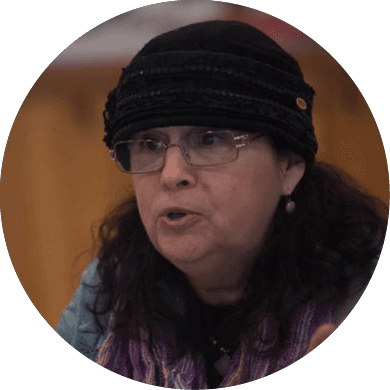
The Crisis of Identity in an Antisemitic Environment
Anti-Semitism, the condition of our world, the identity crisis of too many of our young adults and rising leaders, it can be and often is just too much. How do we respond? A young man from a Modern Orthodox Jewish home in a Northeastern community with a sizable Jewish population lives in the western part of the United States outside of any such community. He has blond hair and green eyes, slight muscular build, and is in his twenties. People who see him occasionally greet him with the statement, “You look like a great Aryan.” At other times, he confronts anti-Semitic remarks if anyone thinks he may be Jewish (due in part to his name). He has also been…
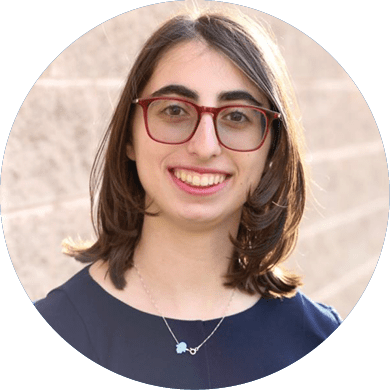
Careful Consumption of Social Media
In an age of social media and social justice activism, when it comes to teaching our students about Israel, it can be challenging to find open and healthy discourse. When Ben & Jerry’s pulled selling of ice cream in what they called the “occupied” areas of Israel—my Facebook and Instagram feeds quickly became flooded with competing posts either extolling the company’s morals for taking a stand against Zionism or denouncing it for antisemitism. Perhaps we need to begin with some definitions. Antisemitism is defined as hostility to or prejudice against Jewish people; classical anti-Zionism is opposition to the premise that Jews have a right to self-determination or a state of their own. Classical anti-Zionism is mostly…

Antisemitism, Anti-Zionism, and Jewish Education
Anti-Zionism and anti-Israel sentiment are so prevalent that if students have not encountered them as of yet, whether on social media or in person, they are sure to have to grapple with them when they begin their post-high school experience. It would be a great disservice to them if we do not prepare them adequately, and it is the nature of that preparation which will determine our students’ abilities to feel confident in the face of antisemitic anti-Zionist attacks. The questions are how and in what context to do that preparation.
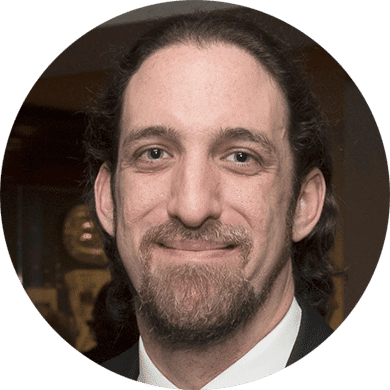
The Impersonal and Systemic Nature of Antisemitism
In the United States and across the globe, there is an all-out assault on Jews arising from the political left, political right, and seemingly everywhere in between. From virulent and overt violence to the dog whistles of antisemitic tropes, one can see antisemitism alive and growing in almost every facet of life. In a survey conducted by ADL, over 1 billion out of 4 billion people surveyed across the world harbor antisemitic attitudes. That is over 25%. As the Program Manager for Echoes & Reflections, my career is focused on helping secondary educators effectively and responsibly teach about the Holocaust and contemporary antisemitism. This work has been inspired by my previous role in the classroom and the reaction to antisemitism I saw in my own

